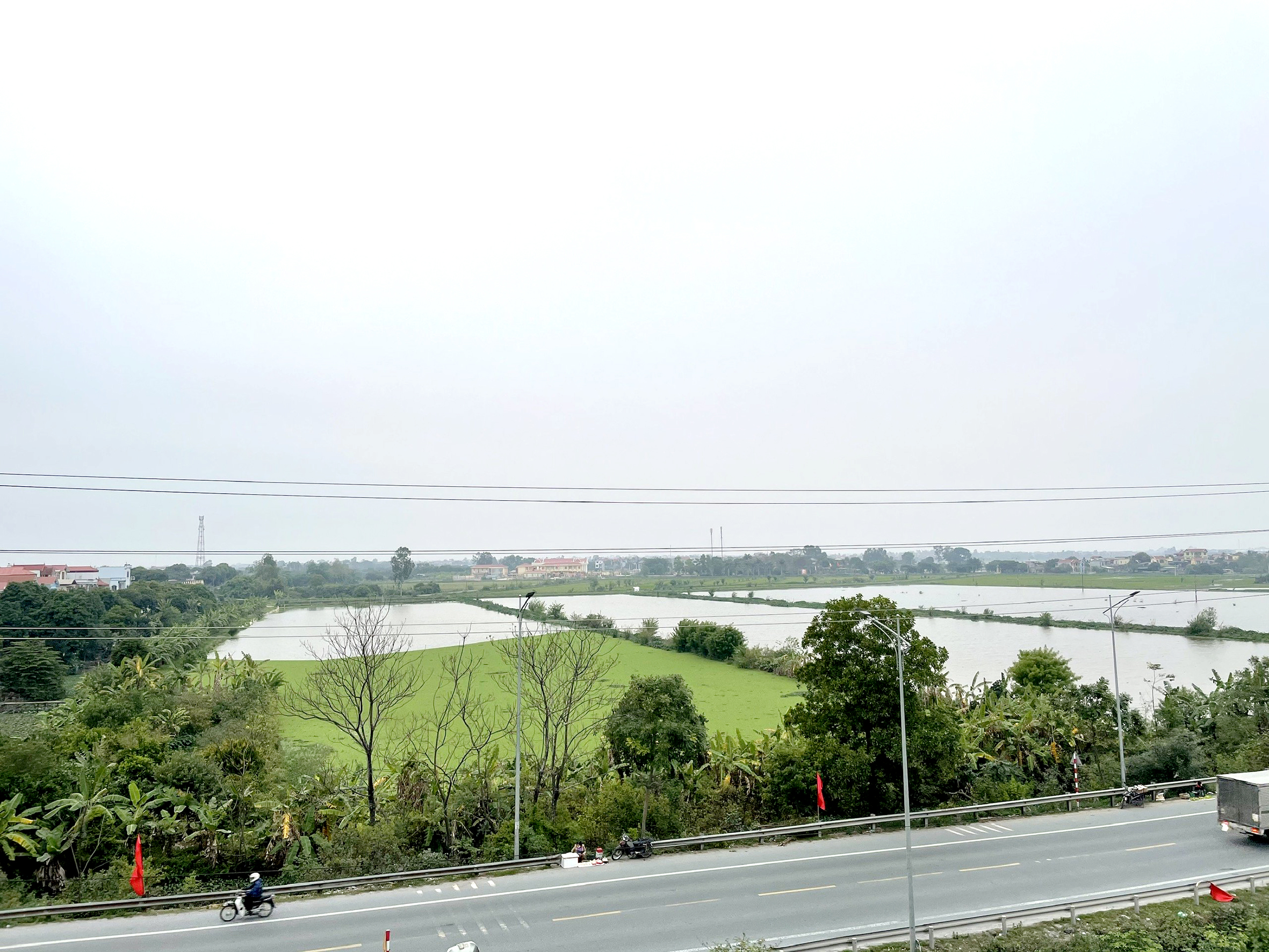Multidisciplinary business – trend and conditions to ensure effective multidisciplinary business (written by MA. Nguyen Viet Cuong – Chairperson of the Board of Directors/ General Director of Kosy JSC)


Multidisciplinary business is a form of business and a choice of many companies. But opinions of the multidisciplinary business are different from the state-owned companies and the private companies.
Trend of multidisciplinary business in developed countries:
In developed countries such as US, UK, France and Germany …, in 1950s, there were many multidisciplinary business companies. Recently, this trend has gradually decreased. A reason is that the developed industrial countries have good technical infrastructures and high qualification in each industry; therefore, it is difficult and highly competitive to access to the industry. On the other hand, when the economy develops to a high level, the market starts to saturate products and services. Thus, to create difference from products and services, the companies, before its establishment, must thoroughly prepare resources to maintain and develop a business line. This development also meets difficulties and obstacles from strong competitors and high requirements of product and service quality. So, they must mobilize all resources to strongly develop a business line. Alternatively, these countries have a focal business trend, i.e. focusing on a business line because the companies want to maintain stock value. To analyze operating activities of the multidisciplinary business companies is complicated and the investors meet difficulties in studying and evaluating advantages and revenue obtained from specific business line. Therefore, the investors want to buy stocks in the excellent companies in a business line. In the developed industries, the multidisciplinary business has trended to decrease, but in fact, many multidisciplinary business companies have strongly developed and greatly influenced on the market such as Samsung, Yamaha, Sony, Honda and AT&T…
Multidisciplinary business in Vietnam:
– For the state-owned companies, in Vietnam, state economy plays a key role to build economic as a steel punch and a tool to stabilize micro-economy. In fact, ineffective, unfocused and wasteful investment and losses of the state-owned economic groups result in high investment but low efficiency, increased indebtedness, uncontrolled price increase of the sole groups, increase in expenditures and reduction of competitive capacity. The state economy has exposed weaknesses. Using the state-owned enterprises as a tool to regulate and stabilize micro-economy is impossible, taking account of theory and practice. It is required to change viewpoints and remain consistent to a principle that the state only does what the private sector does not want to do or is unable to do when the state creates favorable conditions and supports. At the same time, the state-owned enterprises are not used as a tool to orientate and regulate the micro-economy or deal with social problems and as a lever to speed up economic growth through using large investment capital. At present, the state owned enterprises’ multidisciplinary business has appeared inadequacy and inappropriateness and the government has guided the state-owned groups and corporations must disinvest from unrelated business lines and focus on main business lines. Besides, a nature of the state-owned enterprises is to receive the state’s budget to fulfill the assigned tasks. Thus, it is required to concentrate on strongly developing main business lines and become the large groups and companies in their sector to compete with other groups and companies in the same sector in the world.
– For the private companies, Vietnam is a country for a long time of wars with its economy and facilities underdeveloped and seriously destroyed. Besides, the country’s concentrated, bureaucratic and administratively subsidized economy is a great obstacle to develop the economy. At present, Vietnam is on the way of construction and development and in the transitional period of socialism to eliminate the capitalist accumulation. Thus, technical infrastructure, facilities and policies are weak, asynchronous and lacked. Awareness and qualification of the people are not high. Besides, Vietnam has particular mechanism and popular “ask-give” form. The enterprises expanding business lines mostly base on loans and relations. On the other hand, the private companies may be flexible to use their capital because they know how to use it. Also, the multidisciplinary business has many advantages and conforms to Vietnam’s current economy. So, many private enterprises including medium and large size enterprises participate in multidisciplinary business. Another factor resulting in popular multidisciplinary business is limitation of capacity and qualification of the enterprises’ owners and leaders in Vietnam. According to survey results of more than 63,000 enterprises nationwide for past time, 43.3% of the enterprises’ leaders obtain senior high school education and 2.99% obtain MA education. It may be said that most of the owners and directors of the private enterprises have not been trained in economy and knowledge about business administration … Therefore, the owners and leaders of the private enterprises are limited to long-term strategy, spontaneous business and short-term thoughts, resulting in multidisciplinary business of most of the private enterprises.
Vietnam’s economy has been aiming at a strongly and sustainably developed economy while the multidisciplinary business is reducing. The multidisciplinary business regarding economic methodology is non-professional, but in fact, in Vietnam this form exists popularly. The multidisciplinary business is a form of development of the enterprise and its level is controversial. There are many studies of multidisciplinary business but there is no theory indicating interrelation between the multidisciplinary business and operating results of the enterprise. Thus, it is premature to reach a conclusion that the multidisciplinary business has negative impacts on operating results.
Conditions to ensure efficiency of multidisciplinary business:
– Expanding business lines must base on core capacity in line with the company’s capacity. The multidisciplinary business must base on core capacity and the company must focus on core business lines and do well. This is clearly defined in strategic orientation and vision as well as investment to qualification and capacity in each company. In addition, it is required to be clear-headed and dynamic in selecting business lines. The multidisciplinary business must base on investment capacity, resources, knowledge and judgment of the company about growth potential in such business line. Basis for expanding business line is a core factor to lead continuous success of the company.
– Expanding business lines must base on management of CEO. Selecting to expand business lines must start from the highest leader, indicating pioneering, determination and unanimous spirit to obtain common objectives. CEO bases on internal and external environment evaluation and strategic goals of the enterprise to accurately select which business lines must be expanded in the most appropriate manner. Besides, CEO also pays attention to two important tasks: good management of changes and effective communication to reach consensus of all employees in the enterprise; and consideration of expanding business lines as a project under project management method, in which selection of a project manager must be carefully considered.
– To apply suitable management methods, the manager must select and combine practical methods to effectively use potentials of the enterprise and obtain the set business objectives. The most effective management is to know how to soundly select and flexibly combine management methods. To apply suitable management methods is decisive to success or failure of the enterprise and completion of or failure to complete objectives and tasks. There are many management methods and each method may conform to a form of enterprise. A manager running an enterprise in different business line and region must be flexible and suitable. The expanded disciplinary business companies may apply combined management methods; executive management may apply Management by Objectives (MBO); intermediate and lower management may apply other management methods such as management by process or situation, subject to particulars and practices … The executive management may apply MBO because an executive manager has no much time and efforts to concern in details about business lines in different regions while the intermediate and lower management may apply management by process or situation because it handles problems regarding quality of products and services as well as customers and partners …
– Besides, it is required to build up strategies for the company in short-term and long-term business line in line with each period. The enterprise must make strategic decisions in new and unexpected conditions. These new strategies are to aim at definite objective based organization before environmental changes.
An article published on Vietnam Business Forum, VCCI, issue 3+4 (859+860) 28/01/2013
Latest news

Sam Son: Untold story

Nam Pac train of youth

The stars in Da La sky




